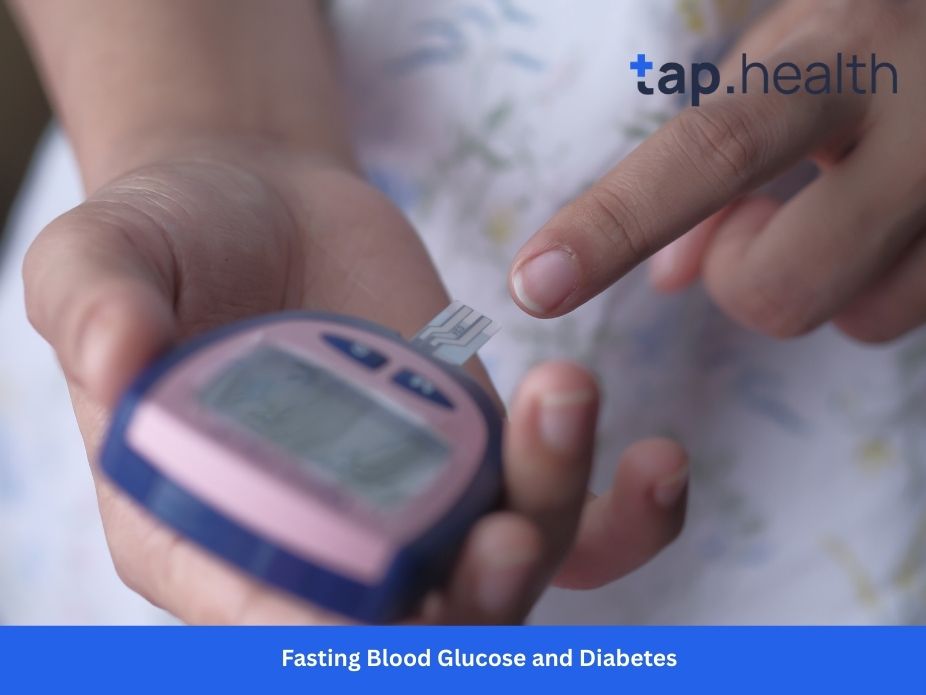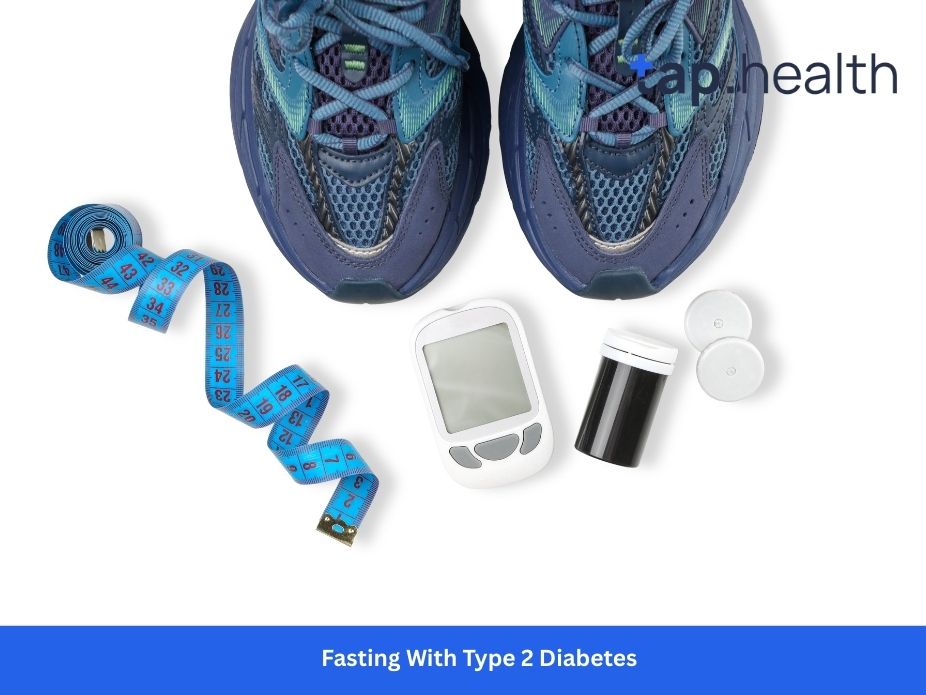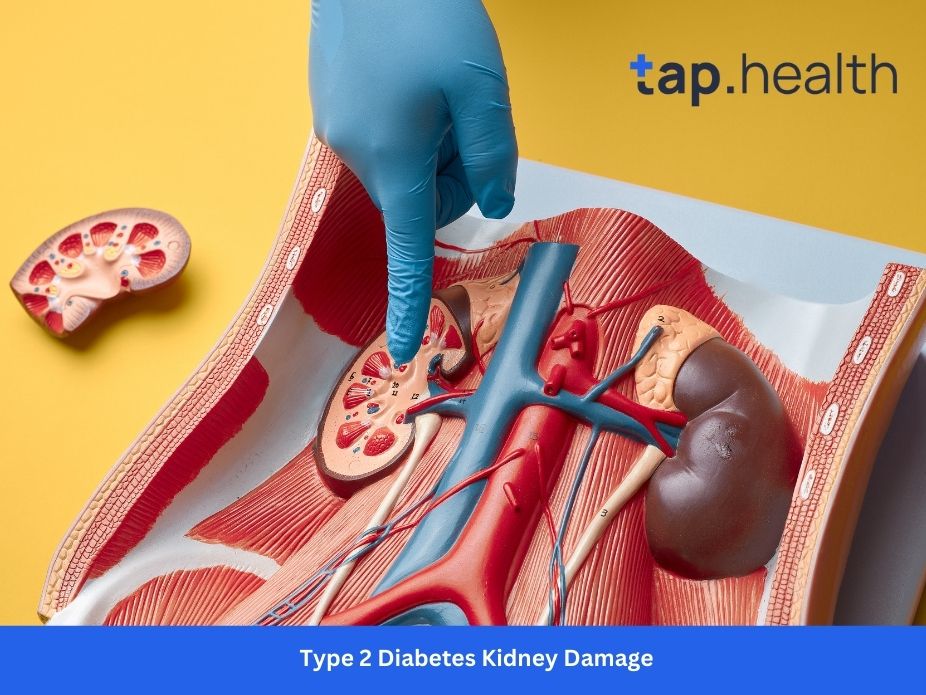Acid reflux, or gastroesophageal reflux disease (GERD), can cause discomfort like heartburn, chest pain, and difficulty swallowing. A tailored Indian diet plan can help manage symptoms by focusing on alkaline, fiber-rich foods while avoiding triggers like spicy or fatty dishes. This 7-day meal plan, designed for Indian cuisine, promotes digestive health and minimizes acid reflux discomfort. Below, we outline the diet, foods to embrace or avoid, and lifestyle changes to support long-term GERD management.
Understanding Acid Reflux and Its Triggers
Acid reflux occurs when stomach acid flows back into the esophagus, causing a burning sensation known as heartburn. This happens due to a weakened lower esophageal sphincter (LES), which fails to prevent acid backflow. If untreated, GERD can lead to complications like esophageal inflammation, ulcers, or Barrett’s esophagus. Common triggers in Indian diets include spicy curries, fried snacks like samosas, acidic foods like tomatoes, and caffeinated drinks like tea. Recognizing and avoiding these triggers is crucial for symptom relief.
What Causes Acid Reflux in Indian Diets?
Indian cuisine, while flavorful, often includes ingredients that can worsen GERD. Spicy masalas, citrus fruits, and fried foods like pakoras are frequent culprits. Overeating or consuming carbonated beverages can also exacerbate symptoms. Understanding these triggers helps in crafting a diet that supports digestion and reduces discomfort.
7-Day Indian Diet Plan for Acid Reflux
This 7-day meal plan incorporates low-fat, fiber-rich foods to soothe the stomach and minimize acid reflux. Each day includes meal timings to regulate digestion and prevent flare-ups. Below is the detailed plan with nutritional highlights.
Day 1: Gentle Start to Soothe Digestion
- Breakfast (7:00 AM): Vegetable Upma with oats (1 cup) + ½ cup low-fat milk (132 cal, 13g protein, 36g carbs, 4g fat)
- Mid-Morning Snack (11:00 AM): Low-fat curd (1 cup) + pomegranate seeds (20-30) (132 cal, 13g protein, 36g carbs, 4g fat)
- Lunch (1:00 PM): ½ cup rice + 2 chapatis + ½ cup kidney bean sabji + sweet lassi (132 cal, 13g protein, 36g carbs, 4g fat)
- Evening Snack (4:00 PM): ½ cup boiled chana (134 cal, 15g protein, 45g carbs, 4g fat)
- Dinner (7:00 PM): 2 ragi rotis + ½ cup moong dal (375 cal, 18g protein, 60g carbs, 8g fat)
Day 2: Fiber-Rich and Low-Fat Choices
- Breakfast (7:00 AM): 1 cup vegetable dalia + ½ cup low-sugar tea (119 cal, 5g protein, 24g carbs, 0g fat)
- Mid-Morning Snack (11:00 AM): ½ plate fruit salad (97 cal, 1g protein, 24g carbs, 0g fat)
- Lunch (1:00 PM): 3 chapatis (jowar + wheat) + ½ cup potato-green peas curry + ½ plate cucumber salad (375 cal, 18g protein, 60g carbs, 8g fat)
- Evening Snack (4:00 PM): 1 cup roasted chana (365 cal, 23g protein, 57g carbs, 5g fat)
- Dinner (8:00 PM): 1 cup vegetable jowar dalia + ½ cup green beans (94 cal, 5g protein, 30g carbs, 1g fat)
Day 3: Protein-Packed and Caffeine-Free
- Breakfast (7:00 AM): 2 slices brown bread with low-fat cheese + 1 boiled egg + ½ cup low-fat milk (333 cal, 24g protein, 35g carbs, 10g fat)
- Mid-Morning Snack (11:00 AM): 1 apple or banana (95 cal, 0g protein, 25g carbs, 0g fat)
- Lunch (2:00 PM): 1 cup rice + ½ cup soya bean sabji + ½ cup bhindi + low-fat curd (512 cal, 34g protein, 65g carbs, 14g fat)
- Evening Snack (4:00 PM): 1 cup herbal tea with honey (20 cal, 0g protein, 18g carbs, 0g fat)
- Dinner (8:00 PM): 2 ragi chapatis + ½ cup ridge gourd curry (105 cal, 4g protein, 19g carbs, 2g fat)
Day 4: Hydration and Fiber Focus
- Breakfast (7:00 AM): 1 cup oatmeal + ½ cup sweet lassi (296 cal, 13g protein, 50g carbs, 6g fat)
- Mid-Morning Snack (11:00 AM): ½ plate fruit salad (97 cal, 1g protein, 24g carbs, 0g fat)
- Lunch (2:00 PM): 1 cup green moong dal + ½ cup steamed vegetables + ½ cup steamed rice (845 cal, 51g protein, 155g carbs, 2g fat)
- Evening Snack (4:00 PM): 1 glass coconut water or lime water (0 cal, 0g protein, 0g carbs, 0g fat)
- Dinner (8:00 PM): ½ cup brown rice with mixed herbs + 2 chapatis (428 cal, 11g protein, 82g carbs, 5g fat)
Day 5: Balanced Nutrition for Digestive Ease
- Breakfast (7:00 AM): Cinnamon toast-flavored cereal (1 cup) + ½ cup tea (242 cal, 3g protein, 46g carbs, 6g fat)
- Mid-Morning Snack (11:00 AM): 1 bowl roasted foxnuts (484 cal, 7g protein, 68g carbs, 21g fat)
- Lunch (1:00 PM): 1 cup vegetable soup + ½ cup steamed rice + 1 roti (405 cal, 9g protein, 72g carbs, 8g fat)
- Evening Snack (4:00 PM): 2 cups sweet lassi (260 cal, 14g protein, 43g carbs, 4g fat)
- Dinner (7:00 PM): 1 cup brown rice + 1 cup moong-masoor dal (478 cal, 25g protein, 86g carbs, 4g fat)
Day 6: Whole Grains and Protein Boost
- Breakfast (7:00 AM): 1 cup oatmeal with banana (385 cal, 9g protein, 58g carbs, 15g fat)
- Mid-Morning Snack (11:00 AM): 1 glass sweet buttermilk (69 cal, 4g protein, 5g carbs, 4g fat)
- Lunch (1:00 PM): 1 cup baked beans + 1 cup brown rice (457 cal, 17g protein, 100g carbs, 3g fat)
- Evening Snack (4:00 PM): 2 whole-grain biscuits + ½ cup low-fat milk tea (314 cal, 12g protein, 39g carbs, 12g fat)
- Dinner (7:00 PM): 2 rotis + ½ cup palak + moong dal curry (358 cal, 13g protein, 51g carbs, 12g fat)
Day 7: Balanced Finish for Digestive Health
- Breakfast (7:00 AM): 1 bowl seasonal fruits (97 cal, 1g protein, 24g carbs, 0g fat)
- Mid-Morning Snack (11:00 AM): 1 glass vegetable juice/soup (159 cal, 6g protein, 26g carbs, 4g fat)
- Lunch (1:00 PM): 1 bowl brown rice + 2 daals (green moong) (451 cal, 14g protein, 87g carbs, 6g fat)
- Evening Snack (4:00 PM): 1 bowl roasted foxnuts (77 cal, 1g protein, 13g carbs, 2g fat)
- Dinner (8:00 PM): 1 cup chana dal + 1 cup rice + 1 bowl salad (605 cal, 21g protein, 93g carbs, 17g fat)
Foods to Eat and Avoid for Acid Reflux
Grains
- Eat: Brown bread, rice, oats, whole grains, cereals.
- Avoid: None specifically, but monitor portion sizes to avoid overeating.
Vegetables
- Eat: Spinach, kale, broccoli, cauliflower, green beans, pumpkin, bottle gourd, ridge gourd.
- Avoid: Tomatoes, onions, garlic, peppers (e.g., jalapeño, chili).
Fruits
- Eat: Bananas, apples, melons (watermelon, cantaloupe), pears, berries.
- Avoid: Citrus fruits (oranges, lemons, grapefruits), pineapple, kiwi, grapes, cranberries.
Lentils
- Eat: Yellow, green, pink lentils, soya beans.
- Avoid: Chickpeas, kidney beans (if they cause discomfort).
Non-Vegetarian
- Eat: Boiled egg whites.
- Avoid: Fried meat, red meat, pork.
Spices
- Eat: Fennel, ajwain, fenugreek, cumin, coriander, mint.
- Avoid: Red, green, black chili, cloves.
Beverages
- Eat: Herbal tea, amla powder post-meals, fennel-licorice mix.
- Avoid: Regular tea, carbonated drinks, alcohol.
Lifestyle Changes to Support GERD Management
Maintain Upright Posture
Stay upright during and after meals for 45-60 minutes to prevent acid backflow.
Healthy Body Weight
Maintain a healthy weight to reduce abdominal pressure, which can worsen GERD.
Sleeping Position
Elevate your head while sleeping to prevent acid reflux during the night.
Quit Smoking
Smoking weakens the LES, increasing reflux. Quitting can significantly alleviate symptoms.
Meal Timing
Avoid eating 2-3 hours before bedtime to allow digestion and reduce nighttime reflux.
Avoid Tight Clothing
Wear loose clothing to minimize abdominal pressure and GERD symptoms.
Stress Management for Acid Reflux Relief
Stress can exacerbate acid reflux. Incorporate mindfulness, deep breathing, meditation, or yoga to reduce stress levels. Regular exercise, adequate sleep, and engaging in enjoyable activities also help manage stress and improve digestive health.
Importance of Meal Timing and Frequency
Eating smaller, frequent meals supports digestion and prevents overeating, which can trigger reflux. Avoid large meals or snacks close to bedtime, and aim to finish eating 2-3 hours before lying down to minimize symptoms.
Real-Life Scenario
Many people with acid reflux face challenges due to Indian food habits, like eating late dinners or consuming spicy snacks. For instance, Ramesh, a 35-year-old software engineer, experienced heartburn every night. By following a modified 7-day Indian diet, avoiding fried snacks, and eating smaller portions, he noticed significant improvement within two weeks.
Expert Contribution
Dr. Anjali Mehta, a gastroenterologist, emphasizes that acid reflux can be managed with diet and lifestyle changes. She recommends:
- Eating smaller, frequent meals
- Avoiding lying down immediately after meals
- Reducing caffeine, carbonated drinks, and high-fat foods
She adds that incorporating soothing foods like yogurt, bananas, and oatmeal can help reduce irritation in the stomach lining.
Recommendations Grounded in Proven Research and Facts
Studies confirm that diet modification is a key factor in reducing acid reflux symptoms. Evidence shows:
- Low-fat diets reduce esophageal acid exposure.
- Frequent small meals prevent stomach distension, which triggers reflux.
- Avoiding late-night meals improves sleep quality and reduces nighttime heartburn.
- Alkaline foods such as bananas, melons, and green vegetables help neutralize stomach acid.
Combining these dietary changes with lifestyle modifications like weight management, stress reduction, and avoiding smoking provides the best results.
FAQs About the 7-Day Acid Reflux Indian Diet
1. Can I substitute a meal in the diet plan?
Yes, but consult a dietitian to ensure substitutions maintain nutritional balance and avoid GERD triggers.
2. How soon can I expect relief from acid reflux symptoms?
Some may notice relief within a week, but chronic GERD may require longer adherence to the diet and lifestyle changes.
3. Should I avoid all spicy foods?
Spicy foods often trigger reflux, but tolerance varies. Monitor your body’s response and limit spices that cause discomfort.
4. Can this diet help with long-term GERD management?
Yes, combining this diet with lifestyle changes like weight management and quitting smoking supports long-term GERD control.
5. Are there side effects to this diet plan?
The diet is generally safe but should be nutritionally balanced. Consult a dietitian to tailor it to your needs.
6. How can I stay motivated during the 7-day plan?
Set achievable goals, track progress, and consider a support buddy to stay motivated and committed.
Conclusion
This 7-day Indian diet plan for acid reflux offers a structured approach to managing GERD symptoms through fiber-rich, low-fat foods and strategic meal timing. By avoiding triggers like spicy or acidic foods and adopting lifestyle changes such as stress management and proper posture, you can achieve lasting relief. Always consult a healthcare professional or dietitian to personalize the plan for your needs.



